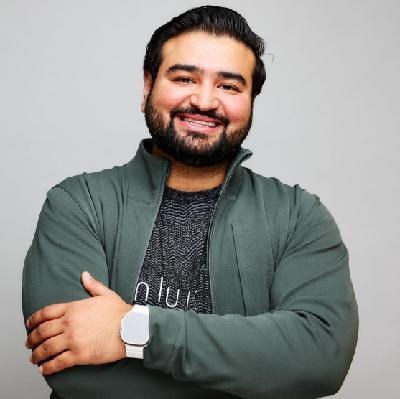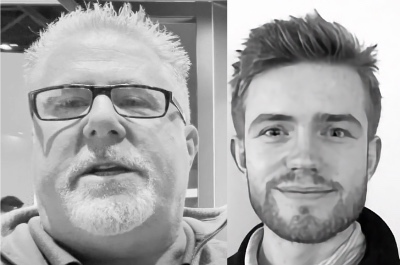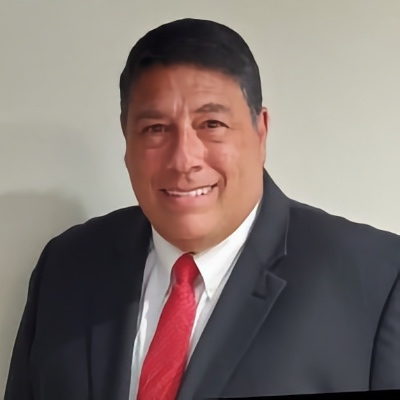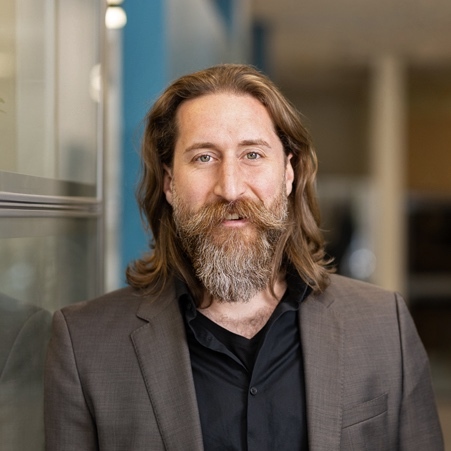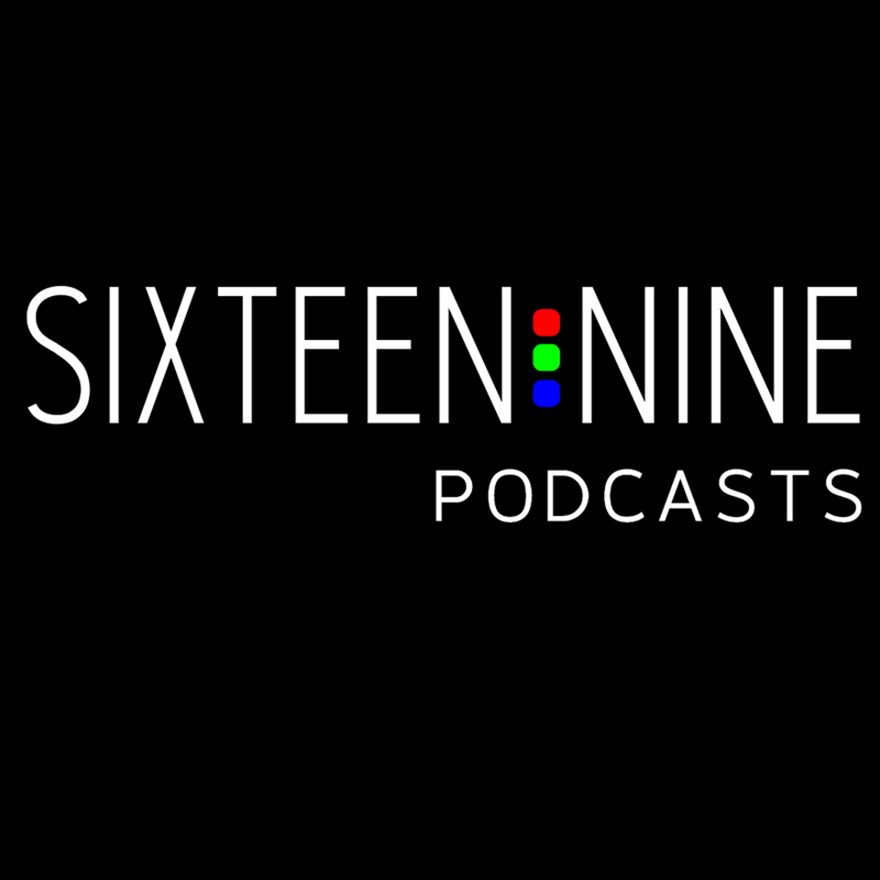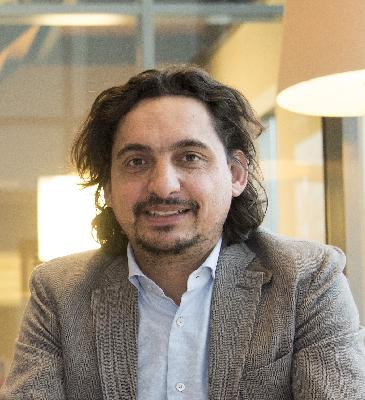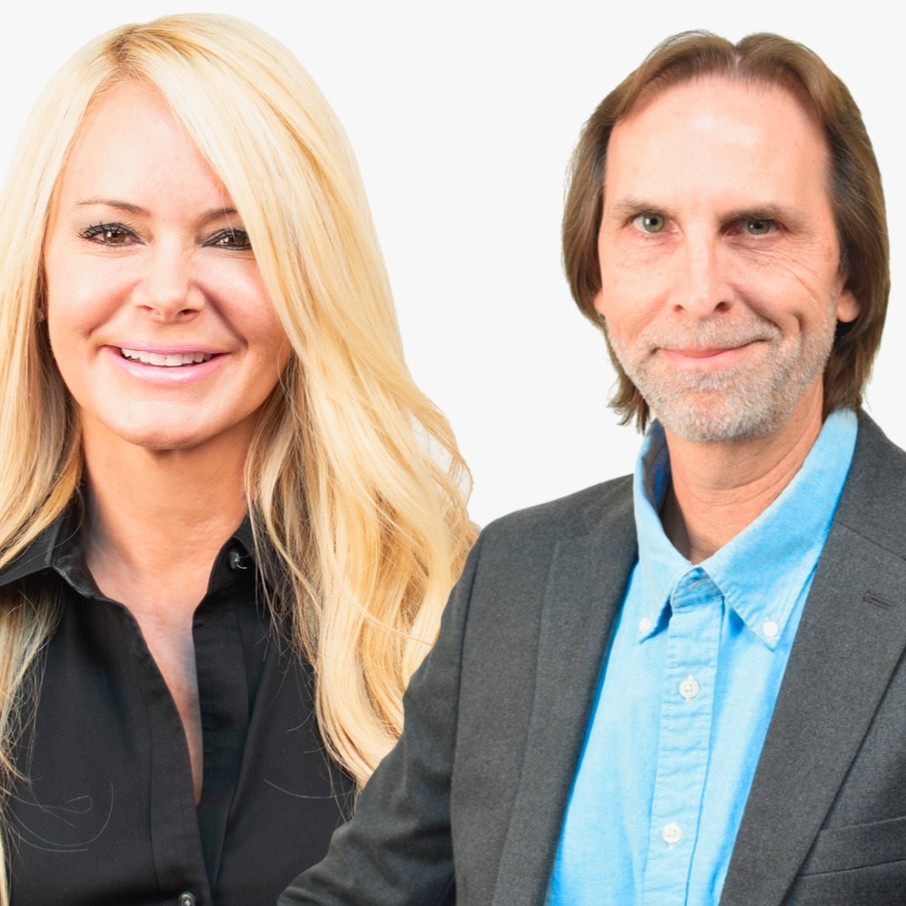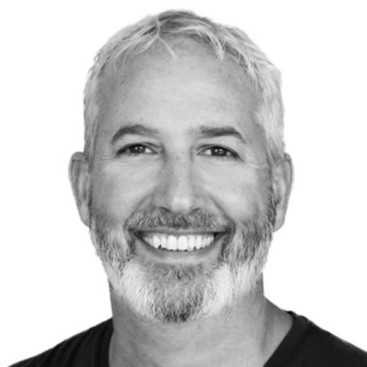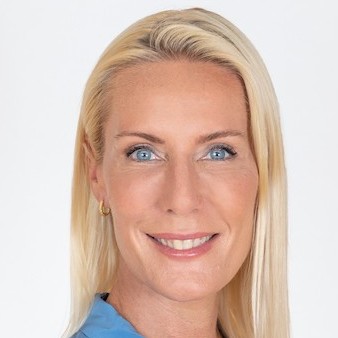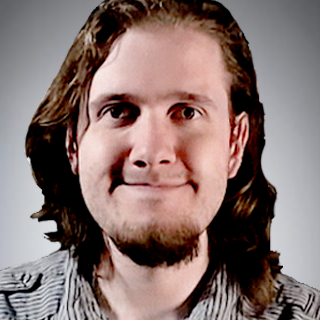Hassan Murad, Intuitive
Description
The 16:9 PODCAST IS SPONSORED BY SCREENFEED – DIGITAL SIGNAGE CONTENT
Countless companies have tried sticking a screen above things in public spaces, thinking - or more appropriately hoping - that the scenario and dynamics were something that would interest brand advertisers. I won't say it never worked, but there's a lot of roadkill.
A company out of Vancouver, on Canada's west coast, is going at this notion - but in a very different way.
Intuitive puts 43-inch displays just to the rear of trash stations in busy public and private spaces. But instead of just running booked ad campaigns, the main purpose of the screens and supporting AI-driven tech is to change consumer behaviors. A computer vision camera uses AI-based pattern detection to look at the trash someone is about to drop into receptacles, and tells them what goes where. We've probably all had a last sip of a coffee-to-go, stopped to drop ti in the trash and recycling station, and then stood there wondering which bins to drop things in.
The company, whose founders have roots in robotics, had quite a bit of success selling ready-to-go systems to organizations. on the basis that teaching consumers to correctly sort their trash would save a lot of back-end labor and time. But customers were buying one or two systems for big venues, because that's what budgets would allow. Even though 10 or 20 were needed.
Based on a lot of real-world experience and enthusiasm from brands, Intuitive has now pivoted to a more traditional place-based digital media model. The business has blown up, with 10s of 1,000s of installs under contract, including a big partnership with Pepsico.
I had a great chat with co-founder and CEO Hassan Murad, who calls himself the company's chief trash talker.
Subscribe from wherever you pick up new podcasts.
TRANSCRIPT
Hassan, thank you for coming on my podcast. I was at Digital Signage Experience a few weeks ago and wandered around the trade show floor. It wasn't all that big or crowded with stands, but I saw the stand for your company and kind of went right on by because I have this attitude based on years of seeing companies trying to put advertising screens atop damn near anything.
But I was compelled by a business friend to have another look and stop and talk with you guys. It was actually very interesting what you're up to. So can you explain what Intuitive does and how it got started?
Hassan Murad: For sure. And again, Dave, thank you for having us. I'm Hassan Murad, the co-founder, CEO, and chief trash talker here at Intuitive. What Intuitive started out as - I'll take you back to myself and Vivek Vyas, who's the other co-founder of Intuitive. Both of us grew up in India and Pakistan, were born there and our families at different points immigrated to Dubai. Then we met when we were doing robotics here in Canada, in Vancouver.
Our whole background was in robotics and AI. As we were starting to step foot in the real world, we had gained experiences working on drones to detect wildfires or for impact applications, submarines to do amazing things in an autonomous way, self-driving cars down at Tesla. Previously, I was proud to share working alongside Elon, but now I'm very careful.
Yeah, that's not necessarily an association you want anymore.
Hassan Murad: You have to be careful for sure. I describe him as the smartest person you can ever experience working for or be with, and a pioneer of this world. And at the same time, he's the dumbest person you could ever think of. But I hope this doesn't make it to him or else he will start bashing us as well.
I think he has a list to go through first before he finds us.
Hassan Murad: I hope so. The way that he fires off his tweets or whatever he calls it at X is just insane.
Anyways, back to the point. We’re both working on robotics applications and being flat on the walls in different zero to one moments where industries were being completely revolutionized by AI and we asked ourselves the question that for the next couple of years, if we are going to jump in and work on something, what is the problem that we care about solving? One thing we were really driven to think of solutions to was the waste problem. The stat that we had read at that point that was the game changer for us was that 98% of whatever we generate ends up in landfills, oceans, rivers, open dumps, and does not get recycled or composted. That basically says one percent was composted and one percent was recycled. That made us pause and say, okay, we've got to apply our solutions or backgrounds to something that's wrecking the world.
Anybody that has watched WALL-E knows how the end happens, right? What happens to Earth? That's kind of how we got started. We were developing a solution that I'm happy to go through, if it makes sense, but it was a very robotics-based solution and then we pivoted towards education. And what that means is that instead of sorting it for people, we started developing a way to nudge and change behavior so that people could recycle better and cause less contamination because one of the big things we realized was there's no sensor for waste or materials in the whole space and people are walking up and they don't realize that the three seconds they take to throw something out actually is a very important point in their journey. If they make the right decision and if we help the facility realize that value, we have a very high chance of getting that material to the right area.
So what I was mentioning is rather than having a robotics-based approach and solving it for people, like handing them the fish, we taught people how to fish using AI combined with a digital screen to make it really smart and use audio visuals so that we nudge and change an individual's behavior.
So the nut of this is that, and I suspect anybody listening has had this happen to them where they've been walking along with a cup of coffee with a plastic lid on it and a cardboard cup, and they're going to put it in a trash and they'll see three slots and they'll be looking at the three of them going, okay, “which one do I put this in?” And you just take a wild stab at it and put it in one that seems to make sense or somebody else has put something similar in that one.
Your whole thing is using computer vision to guide people to, based on what you're showing me in front of the camera, it ought to go in this one. Is that an accurate way of describing it?
Hassan Murad: Exactly. So we make that entire process - the individual walking up has an item or multiple items that consists of multiple materials, like that coffee cup example you gave. There's the cup that is made of paper, but it's plastic lined. Depending on municipalities, it could belong in trash or paper streams if they're accepting it or recycling. Then you've got the cardboard sleeve, and then you've got that lid and sometimes you've got liquid inside. So there's four different materials that the consumer has either no time, incentive, or reason to be putting all these pieces together to sort the item out.
Most of the time what happens is people just take a guess or are not even paying attention. What we change is that behavior. We have introduced Oscar sort, which is the core technology that you could put behind any recycling bin - busy bins in malls, airports, universities, stadiums. You put it behind that bin and it starts making that bin a lot more powerful. As you're approaching that bin next time, it starts even looking at you two or three feet out and it starts nudging you by visualizing how you could sort that item out. It tries to make that decision very intuitively and it attaches an incentive to it. So it's now this digital screen that actually rewards you for sorting correctly. And if you sort it incorrectly, well, Oscar could get grouchy. This whole gamification in a simple decision that was so pivotal for the facility, but also downstream, is where we've brought fun engagement and really changed the whole landscape.
So the business model on this is what?
Hassan Murad: Traditionally, when you look at an airport, a mall, a university, a corporate campus, everybody pays for a garbage bin and garbage bins have a recurring cost, because you have to make sure they're being serviced and not overflowing. In different areas, you have sorting requirements downstream. So if people don't sort, they'll take it downstairs to potentially sort as well. When you look in San Francisco, many stadiums we've chatted with have 10-15 physical people at the back sorting all the bins out and that is where Oscar has been approved as the technology - you don't need people at the back end to sort anymore because Oscar can help people do that. That was our starting niche. We started by focusing on Airports that have this bottleneck problem and we've been providing different amounts of Oscar sorts to these areas to help start their journey.
As you see this scale we're trying to reach, we're trying to make a dent in the universe in terms of the whole waste world. It's not going to make an impact when out of 700 bins or 200 bins in a stadium, we just provide 5 or 10 bins. That is where we have accelerated the business model towards a property becoming a partner of ours and we partner with them so that we provide Oscar Sorts to their facility and we utilize brands that are already on the Oscar screen.
So people are paying to be on the screen and they're the brand that wants to say hi to Dave that is walking up. So that coffee cup you're talking about is branded rather than generic.

